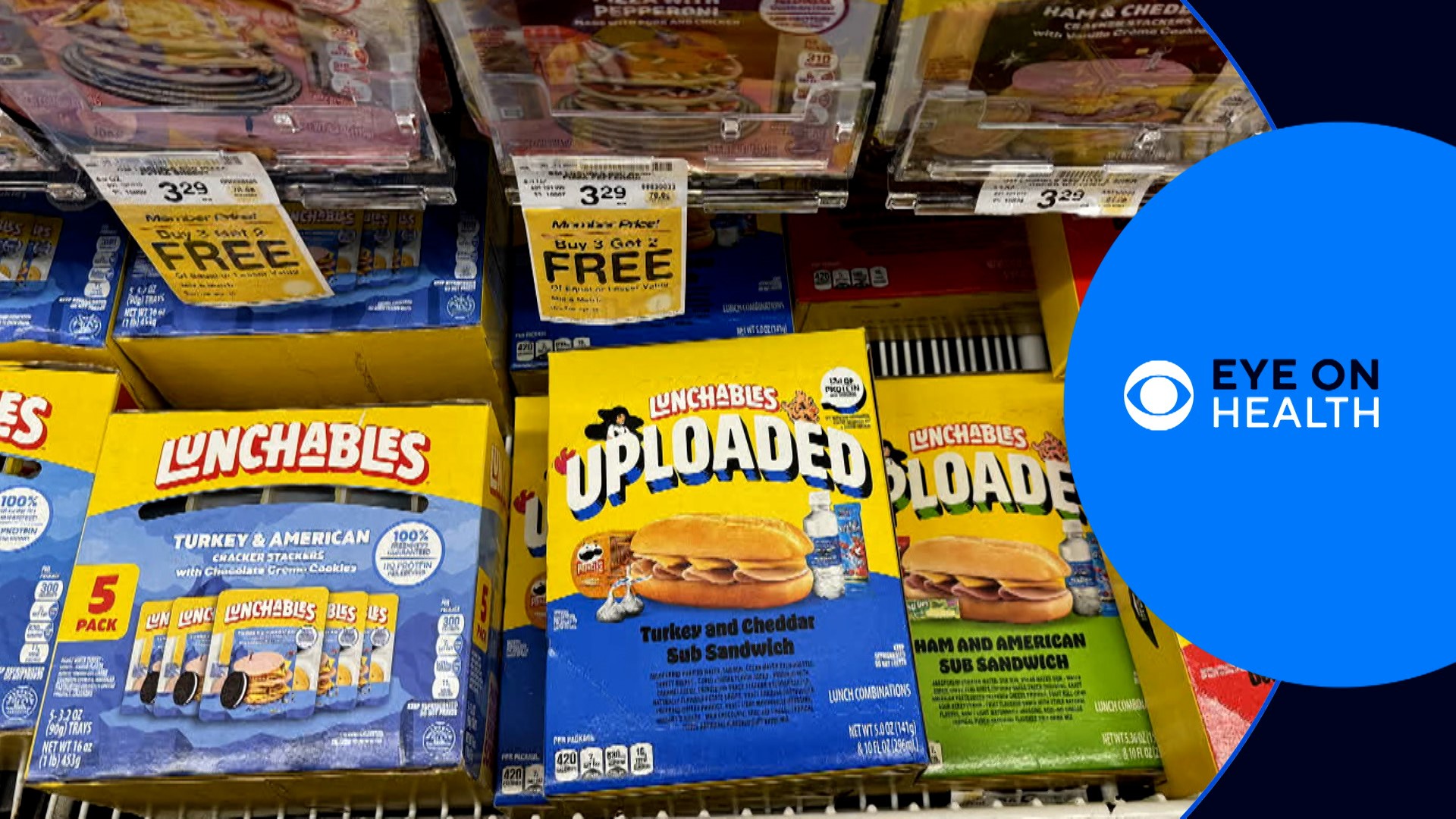(CNN) — If you follow health news, you’ve heard talk about a person’s “genetic risk” of disease. With companies offering personalized genetic tests for as little as $200, it’s tempting to think that a world of knowledge is at our fingertips.
But a new paper from some of the leading names in science throws a bit of cold water on the promise.
According to a group from Johns Hopkins University, led by two scientists known for breakthrough discoveries on the genetics of cancer, genomic sequencing “fails to provide informative guidance to most people about their risk for most common diseases.”
The problem, they say, is not the state of current technology and knowledge — which is limited — but a more basic problem: genetics plays a surprisingly small role in determining the chances that we’ll get sick. Score one for the environment.
That’s why, at this point in time, “prudent screening, early diagnosis and prevention strategies, such as not smoking and removing early cancers, will be the keys to cutting disease death rate,” according to Dr.Bert Vogelstein, M.D.,co-director of the Ludwig Center for Cancer Genetics at Johns Hopkins Kimmel Cancer Center.
He says that if someone is relying on a whole genome test to be the crystal ball that predicts their likelihood of getting cancer, they will be disappointed.
Experts are also concerned about people ordering genomes off the Internet. If someone receives information without the proper context from a doctor or genetic counselor, it could give them a false sense of security and stop them from taking preventative measures.
Nicholas Roberts, one of the study authors and a graduate student at Johns Hopkins says that even in the best case scenario, the majority of people who have their whole genome tested will get a negative test result – that means the results do not reveal any genes that cause cancer.
But that doesn’t mean they won’t get cancer. More than just genes contribute to someone getting the disease.
Nathan Pearson, director of research at Knome, a company that sequences whole genomes for researchers, praised the study and said it helps to think of our genes as being like a musical score. Two performers can be seeing the same notes in front of them, yet sound quite different.
“There are many different renditions,” says Pearson. “You can improvise.”
Pearson explains what he found when he sequenced the genome of Ozzy Osbourne.
To reach their conclusion, the Hopkins group performed a set of straightforward calculations, based on the studies of identical twins. They looked at the strength of the link between genes and disease for each of 24 different ailments. As they point out, “[Identical] twins in general do not always develop or die from the same maladies.”
While their tone is cautious, they point out that some common diseases have a much stronger genetic component than others. Based on twin studies, genetic testing might some day predict more than 90% of coronary heart disease deaths in men, and more than 90% of all Alzheimer’s cases. By contrast, testing could predict fewer than a third of lung cancers, breast cancers, leukemia and ovarian cancers.
These figures are based on a “best-case scenario,” in which complete genomes have been examined for millions or tens of millions of individuals. The state of knowledge today is much more primitive. According to Pearson, current genetic testing is most useful when analyzing individual cancer cells, or in finding the causes of rare diseases, in which a single mutation leads to devastating results.
Some pitches seem to promise more. The website of 23AndMe, a company which offers genetic tests directly to consumers, urges people to “Take a more active role in managing your health,” and promises that “knowing your genes may impact your health, can help you plan for the future and personalize your healthcare with your doctor.” 23AndMe does not analyze the full genome of its customers, but rather sections of the genome whose influence is relatively well-known.
Henry Louis Gates, Jr. on 23AndMe and genetic testing for African-Americans
David Hinds, principal scientist for statistical genetics at 23AndMe, says the company makes sure that customers don’t expect too much.
“At this stage the presumption is that this testing has no clinical utility.” He agreed with the paper’s authors, who say genetic tests will never replace current disease prevention strategies. “It’s just another piece of information.”



